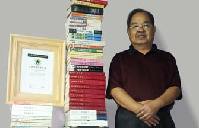Books at a touch
Updated: 2014-11-05 07:52
By Xing Yi(China Daily)
|
||||||||
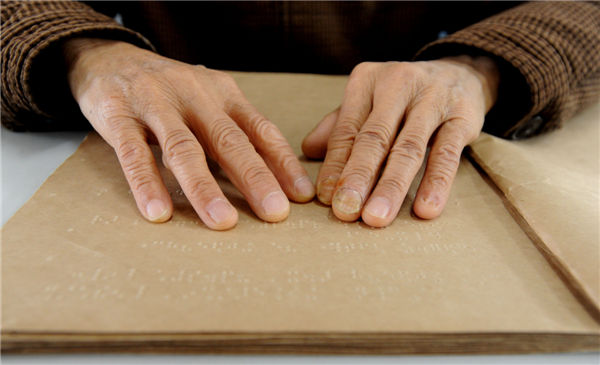 |
|
[Photo/China Daily] |
"Of late, we have been receiving more support from government agencies, and hope to be of better service to blind people," she adds.
New technologies have enabled the blind to read Braille texts by touching screens, programed by special software, on computers, phones and other gadgets.
Yang Qingfeng, a blind staffer at One Plus One, a disabled persons' organization, is running a project that converts paper books to e-books on demand by blind people.
"It takes less time than making an audiobook or a Braille book. Just scan the book, convert the image to text and proofread it," says Yang, who thinks this is one of the most effective tools for blind readers. He has also designed a strict, detailed procedure to avert copyright risks that include first buying paper books and then using a certification process for non-commercial purposes before getting the e-books ready.
China Braille Press is also making e-books for its blind readers, but the process is time-consuming as the library seeks permission from original authors for all books they seek to digitize.
"Though many authors are supportive and give us the permission free of charge, it still takes time and energy," says Wo Shuping, deputy editor-in-chief of China Braille Press.
The good news is that China signed the Marrakesh Treaty in June, which allows organizations for the blind to produce accessible format copies without a copyright holder's authorization.
"Although the government signed the treaty, we are still waiting for the National People's Congress to amend relevant domestic laws," says Wo. "It might take two to three years."
- Jordan recalls envoy to Israel over Jerusalem 'violations'
- Hamas claims responsibility for drive-over car attack in Jerusalem
- Jump over the ruins
- Mongolian PM fired by parliament, leading to govt collapse
- Chinese premier to attend East Asia leaders' meetings, visit Myanmar
- Kerry urges greater US-China co-op in major global issues

 Rehearsal of firework show for APEC staged in Beijing
Rehearsal of firework show for APEC staged in Beijing
 Republicans capture control of Senate in US midterm elections
Republicans capture control of Senate in US midterm elections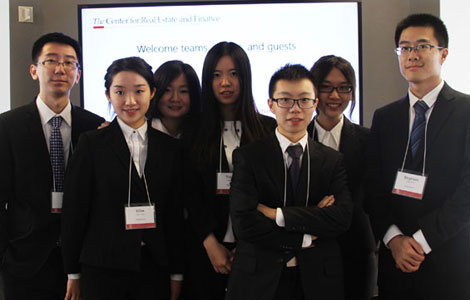
 Chinese students compete in real estate challenge
Chinese students compete in real estate challenge
 Trending across China: Abortion lesson horrifies kids
Trending across China: Abortion lesson horrifies kids
 Jump over the ruins
Jump over the ruins 
 8 things you should know about 'Double 11'
8 things you should know about 'Double 11'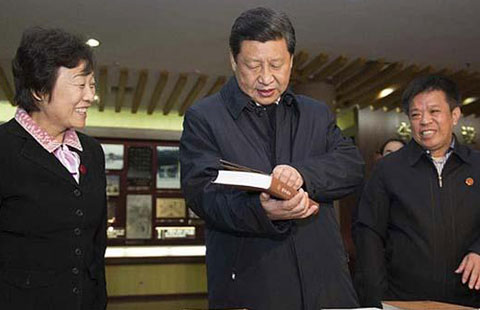
 Culture Insider: What books do politicians like?
Culture Insider: What books do politicians like?
 WTC reopens with six-floor China Center
WTC reopens with six-floor China Center
Most Viewed
Editor's Picks

|
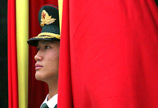
|

|

|

|

|
Today's Top News
Republicans gain seats in US Senate
Chinese Americans run in elections across US
Mobile gains buoy Alibaba earnings
Kerry, Cui reaffirm bilateral ties
Republicans capture control of Senate
China develops laser system against drones
Students compete in real estate challenge
FDA beefs up China office
US Weekly

|

|
